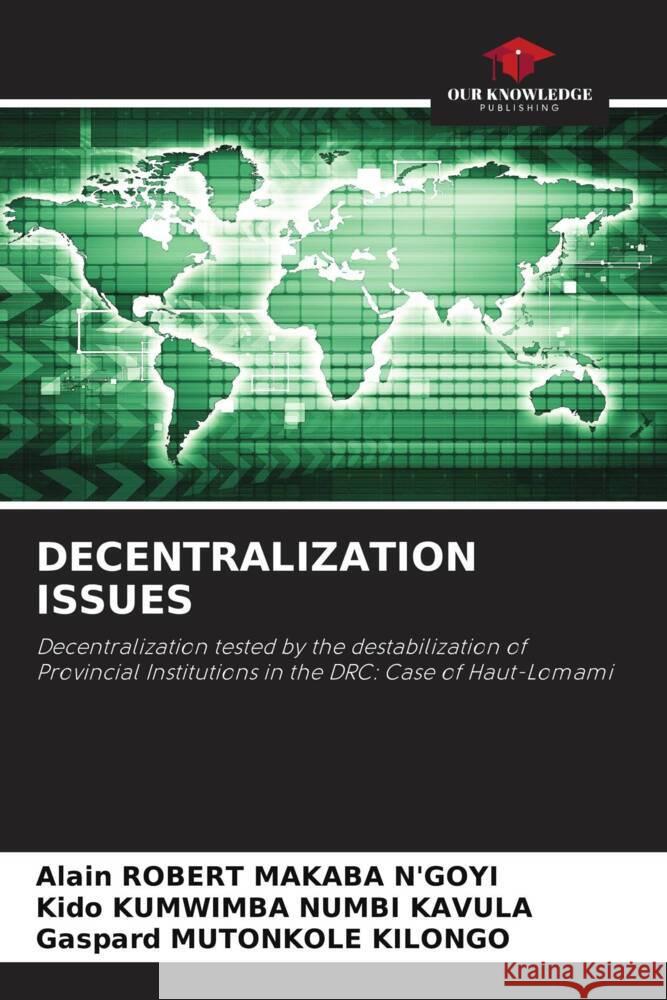DECENTRALIZATION ISSUES » książka
DECENTRALIZATION ISSUES
ISBN-13: 9786206446613 / Angielski / Miękka / 52 str.
Having long toyed with the idea of decentralization, the Democratic Republic of the Congo has now taken the plunge: the constitution that created the Third Republic in 2006 establishes an institutional system in which the regions are given a pivotal role in the administration of the territory. Decentralization has become a constitutional principle, and the articles relating to the regions and their sphere of competence reflect a proactive regionalism. But to understand this decentralization, it is important to look beyond the text and place it in its short- and long-term context. It then becomes more ambiguous, or even changes its meaning completely, to the point where we might wonder whether this decentralization is not, in fact, a recentralization. As a result, although the provinces' competences form a heterogeneous inventory and they enjoy budgetary autonomy, their actual powers, as well as those of the other decentralized territorial heads, appear in practice to be the antithesis of what is on paper.











